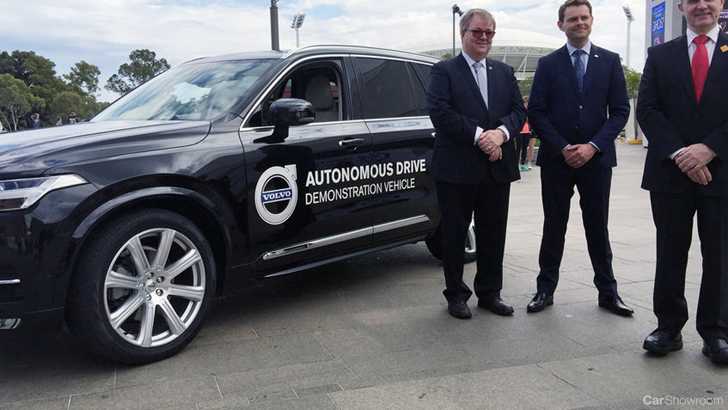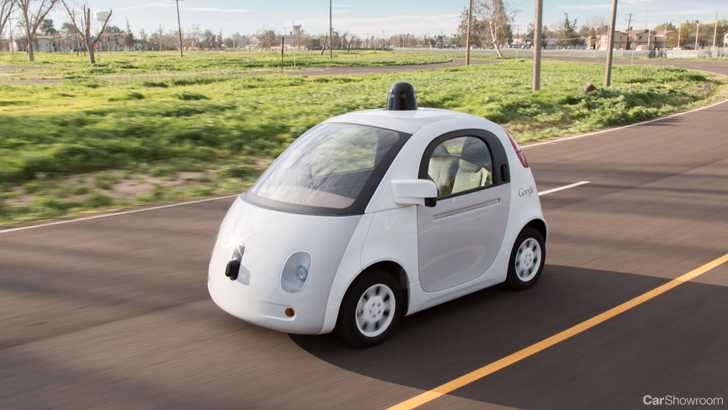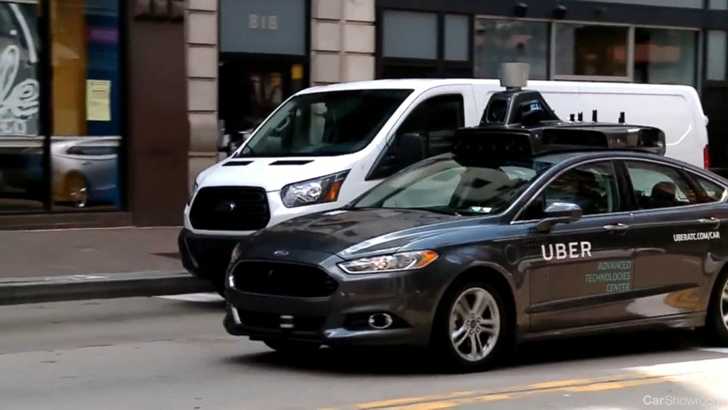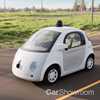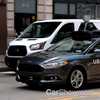With driverless cars regularly grabbing attention for looking harmless and cute, Volvo has decided that a distinctive design might hamper the development of the technology. It says that cars marked as driverless might cause human drivers to “bully” it on the open road. Its solution? A fleet of unmarked, seemingly normal Volvo vehicles, with no visual distinction from its current crop of models.
Speaking to the Observer, senior technical leader at Volvo Cars Erik Coelingh said, “I’m pretty sure that people will challenge them if they are marked by doing really harsh braking in front of a self driving car, or putting themselves in the way.” Although it might seem like paranoia, there’s real logic behind the concerns: To avoid untoward incidents and the bad publicity it results, engineers have designed and programmed self-driving cars to operate far more cautiously than a human driver necessarily would. This results in a benign, almost passive driving style, more so than even the most well-mannered human driver. And this driving style often complements the current raft of driverless cars, with Google’s transport pods looking equally benign and harmless.
Then there’s the matter of temptation. A study conducted by the London School of Economics recently concluded, after surveying 12,000 drivers across 11 European countries, that respondents who were identified as “combative” drivers were more welcome to the idea of sharing space with driverless cars, whereas “cooperative” drivers were more weary and suspicious of the notion.
Based on their research, it isn’t clear why “combative” drivers were happier to share their space with driverless cars more than “cooperative” drivers. One theory is that “cooperative” drivers view driverless cars with a degree of suspicion due to the lack of a social experience of sorts on the road. The idea is that because there’s no ability for a driver to connect and communicate wordlessly with another driver, it leaves a bit of a gap that the driverless car may not be able to bridge. Imagine how we would communicate to a pedestrian that they may cross ahead of us, or how we indicate our movements between lanes.
In the future though, many respondents to the LSE survey reckoned that roads would become a more harmonious place once driverless cars become widely adopted. One UK respondent said that drivers would be “overwhelmed by niceness,” alluding to a ripple-effect that the friendly, accommodating driving style driverless cars would have on other road users. “They’re never going to be horrible to us. They’re nice cars, and they’re not going to cut us up or get up our backsides and all the other things.”
For more on Volvo, including price & specifications, check out our Showroom.
